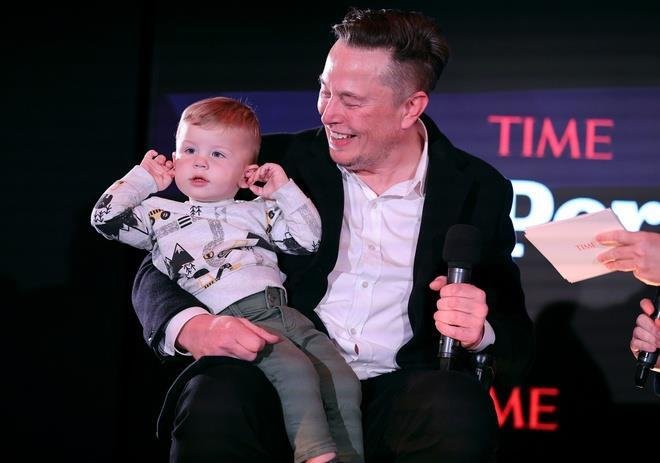Elon Musk, the tech visionary behind companies like Tesla, SpaceX, Neuralink, and The Boring Company, is not only known for disrupting industries but also for his surprisingly personal stance on a global issue: population decline. While most billionaires focus on growing their wealth and ventures, Musk frequently voices concern about the falling global birth rate. His response? Having more children himself.
Musk is a father of 11, and unlike many in his position, he openly embraces large family life. But this isn’t just about fatherhood—Musk sees his growing brood as part of a broader mission tied to the survival of humanity. In this article, we’ll dive deep into the motivations, philosophies, and implications behind Musk’s decision to have more children.
### A Warning to the World: “Population Collapse Is a Bigger Risk Than People Realize”
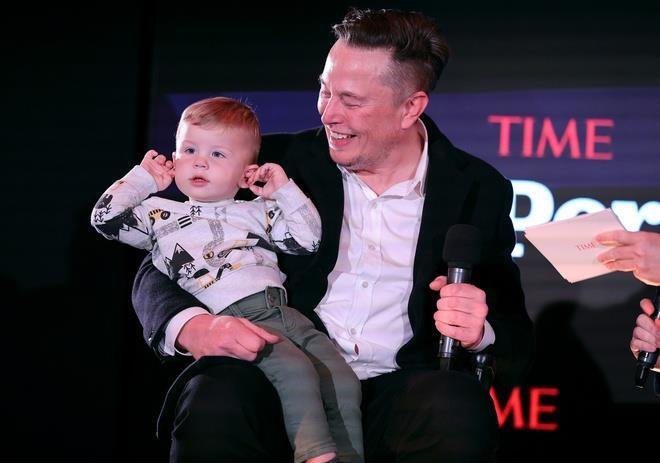
One of Musk’s most repeated statements is that “population collapse” is the biggest threat to civilization—not climate change, nuclear war, or AI. According to Musk, countries like Japan, South Korea, and parts of Europe are already feeling the demographic crunch. With birth rates falling below replacement levels, these societies are at risk of shrinking populations, labor shortages, economic stagnation, and aging citizens who may outnumber the working population.
Rather than simply tweeting from afar, Musk is taking what he calls “proactive measures” to counteract this decline—starting with his own family. His rationale is straightforward: if everyone thinks someone else will solve the problem, no one will. So he’s leading by example.
### The Personal Philosophy Behind Musk’s Parenthood
Musk doesn’t view parenting through a purely emotional lens. Instead, he often frames his motivation in terms of duty, science, and even evolution. He has said that a successful civilization must reproduce in order to sustain progress, colonize other planets, and ensure long-term survival.
For Musk, raising children isn’t a distraction from his work—it’s aligned with his broader mission to extend the lifespan of humanity, possibly even beyond Earth. He believes that if highly intelligent and capable people don’t have children, it could lead to intellectual stagnation or even regression over time.
While critics argue that parenting should be more than a numbers game, Musk appears to combine both heart and mind in his approach. He sees children as the most meaningful legacy any individual can leave.
### A Look at Musk’s Expanding Family
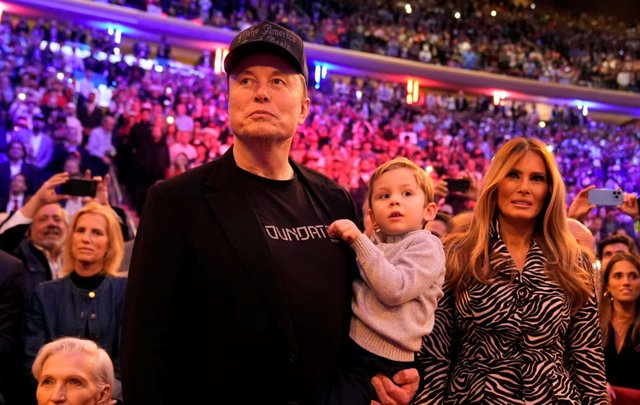
Elon Musk’s family is as unique and headline-worthy as his ventures. He shares six children with his first wife, Justine Wilson—though tragically, their first son, Nevada Alexander, passed away from SIDS at just 10 weeks old. The couple later welcomed twins and triplets.
Later, Musk had two children with the musician Grimes, with one of them—Exa Dark Sideræl Musk—being born via surrogate. Most recently, news emerged that Musk had fathered twins with Shivon Zilis, an executive at Neuralink, shortly before the second child with Grimes was born.
While critics question the complexity of such arrangements, Musk seems unfazed, stating that all his children are loved and cared for. He believes in maximizing the chances of future generations having a prosperous, meaningful life—even if it means an unconventional family structure.
### Technological Optimism Meets Biological Reality
A central part of Musk’s motivation to have children is his belief in the future. He is a self-declared technological optimist who believes humanity’s best days are ahead—if we’re willing to work for them. That work, in his view, includes having and raising the next generation of scientists, engineers, thinkers, and doers.
Musk’s space exploration ambitions with SpaceX are rooted in the idea that humanity must become a multi-planetary species. Colonizing Mars is not just a dream—it’s a necessity, especially in the face of existential risks on Earth. But such a future requires people. Lots of them.
He argues that without a thriving population base, there won’t be enough minds to innovate or hands to build the infrastructure of the future. In other words, the technological utopia Musk envisions won’t exist unless the human race continues to grow.
### The Social Implications of Musk’s Family Philosophy
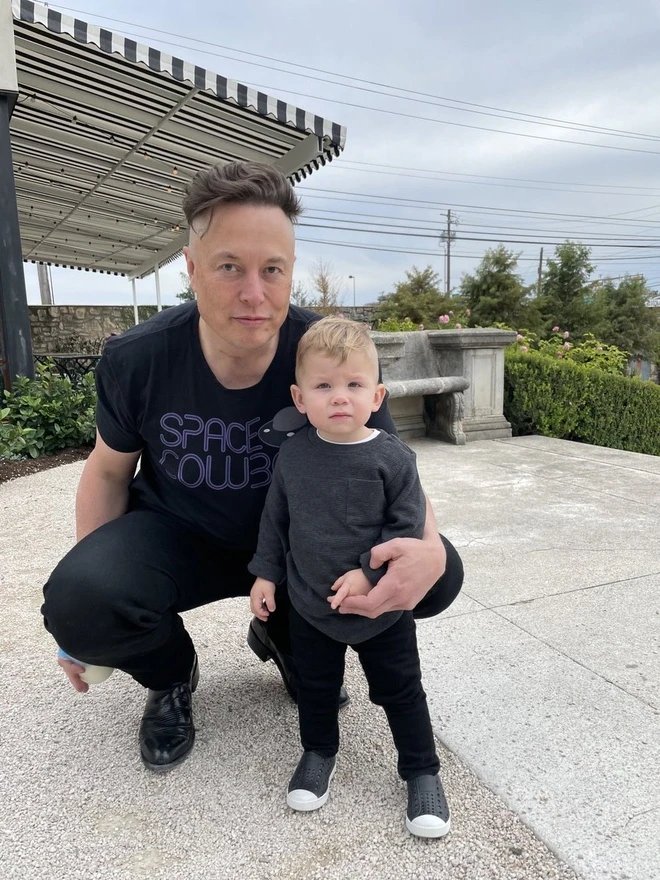
Elon Musk’s views challenge mainstream attitudes in many developed nations, where small families or child-free lifestyles are increasingly normalized. His stance invites uncomfortable questions: Should society reward or even incentivize childbearing? Are we underestimating the long-term consequences of declining fertility?
In fact, Musk has suggested tax incentives or subsidies for families, especially those with multiple children, as a potential solution. This could create backlash, especially among those who believe personal reproductive choices should remain private and free from governmental influence.
Still, Musk’s personal choices have sparked important debates about how cultural, economic, and technological forces shape family life. Whether people agree with him or not, he is drawing attention to a problem many prefer to ignore.
### Criticism and Controversy: Is Musk Practicing What He Preaches?
Despite Musk’s impassioned rhetoric, his growing family has also attracted criticism. Some argue that his approach commodifies parenting, especially given the use of surrogacy and unconventional relationships. Others point out that having many children doesn’t automatically solve the broader problem of societal fertility collapse.
Furthermore, skeptics question whether Musk, as a billionaire with abundant resources, can relate to the real economic and social struggles most parents face when raising large families. Is his model scalable? Can ordinary families be expected to emulate a lifestyle that requires extraordinary wealth?
Musk’s defenders argue that his wealth allows him to provide opportunities and a level of education for his children that aligns with his vision. They also argue that his critics often miss the point—Musk isn’t saying everyone needs to have 10 children, but that the societal trend toward having none is unsustainable.
### The Legacy of Musk’s Children: Building the Future?
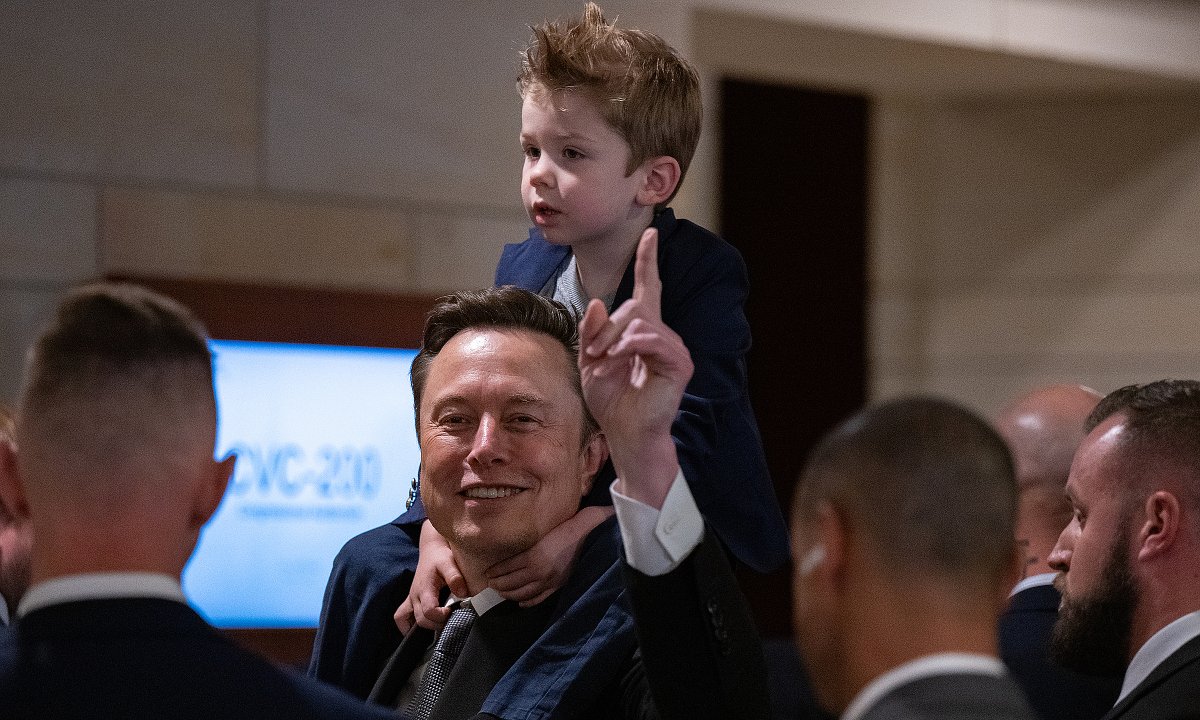
Elon Musk’s children are already growing up in an environment of technological innovation and futuristic thinking. Some attend the experimental Ad Astra school Musk co-founded (now called Astra Nova), designed to encourage problem-solving and creativity over rote memorization.
It’s unclear whether Musk expects—or even wants—his children to follow in his professional footsteps. What is clear, however, is that he hopes they will share his values: curiosity, courage, and a commitment to solving complex global problems.
For Musk, the next generation is not just a continuation of family lineage, but a living extension of his mission. Whether they become engineers, entrepreneurs, or artists, they represent the raw potential to shape a better future.
### A Broader Message to Society
Elon Musk is more than a tech mogul—he’s increasingly becoming a cultural force. By speaking openly about his motivations for having a large family, he’s challenging deep-rooted societal assumptions. His message is clear: the future doesn’t build itself.
In a world where many feel pessimistic about tomorrow, Musk’s optimism stands out. He believes that raising children isn’t a burden, but a contribution—perhaps the most essential one—to the future of humanity. While the world debates policies, Musk is acting out his beliefs, one child at a time.
### Conclusion: A Personal Choice with Planetary Impact
Elon Musk’s motivation to have more children is rooted in a fusion of personal belief, scientific thinking, and long-term strategy. He sees procreation not as a private affair, but as a public responsibility. In his view, raising a family is not only compatible with saving the world—it’s a necessary part of it.
While his critics may disagree with his methods or question his sincerity, Musk is undeniably putting his money—and his life—where his mouth is. He’s not just shaping technology; he’s helping shape the future of humanity, beginning at home.
As the world faces unprecedented challenges—from climate change to AI—perhaps Musk’s biggest gamble isn’t on Mars, Tesla, or neural interfaces. Maybe, just maybe, it’s on the power of family.
